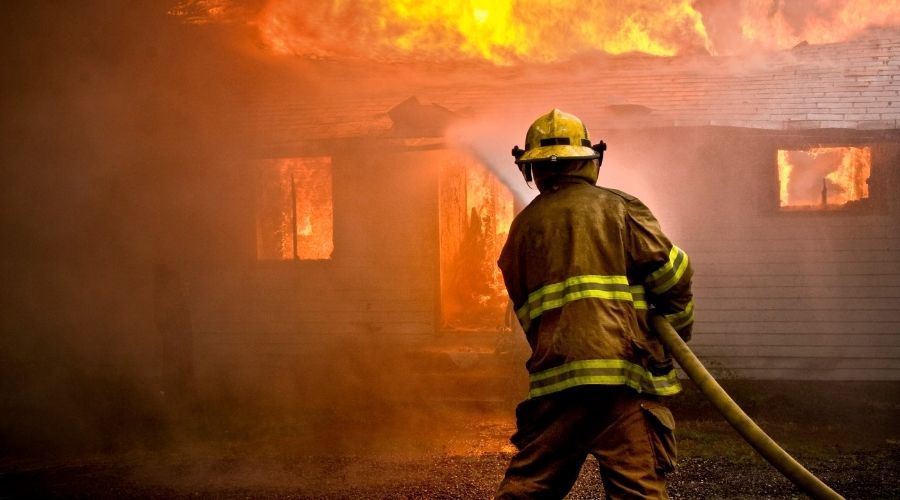GAS LEAKS CAN BE DEADLY – BEING PREPARED CAN SAVE LIVES
Natural gas is a highly efficient energy source used in millions of homes across the United States. It heats about half of all American homes in the cold months and is used to produce nearly a third of the country’s electricity. But despite its many benefits, natural gas can also be extremely dangerous, particularly in the event of a gas leak.
Gas leaks typically occur when a gas line becomes corroded, damaged, or disconnected from the appliance it serves. Every homeowner has heard hair-raising stories about gas leaks but rarely thinks it will happen to them. But any home that uses gas in any capacity has a potential risk of leaks – and any gas leak can be lethal. Fortunately, knowledge, awareness, preparedness, safety, and peace of mind can win the day. Read on to learn about the dangers of gas leaks, signs there may be a gas leak, and what to do about it.
WHY GAS LEAKS ARE SO DANGEROUS
There are a few things that make gas leaks so dangerous. Firstly, natural gas is highly flammable and volatile – even the tiniest spark can ignite it. The result can be a raging fire or even a violent and massive explosion. This is what people generally think of when they imagine the dangers of a gas leak.
But there’s another more subtle danger that can be just as deadly – poisoning. Breathing in natural gas can cause severe oxygen deprivation, also known as asphyxia. With enough exposure, this will cause loss of consciousness and eventually death. This is not unlike carbon monoxide poisoning, which can also occur due to a malfunctioning or inadequately ventilated gas appliance.

HOW TO TELL IF THERE’S A GAS LEAK
Natural gas has no odor of its own, so as a safety measure, gas suppliers put in an additive called mercaptan, which has the distinctly unpleasant smell of sulfur or rotten eggs. If this odor is present anywhere in the home, there is likely a gas leak. However, carbon monoxide does not have any odor whatsoever, so it’s crucial to make sure the home’s carbon monoxide detectors are functioning properly.
Other indicators of a gas leak include hissing or whistling sounds coming from a gas appliance or gas line, dead houseplants, and physical symptoms like dizziness, headaches, nausea, fatigue, eye or throat irritation, and difficulty breathing. Strange behavior, lethargy, or illness in pets may also be a sign of a gas leak. Leaks in underground gas pipes may also exhibit air movement, dead vegetation, bubbles in standing water, or inexplicable dry spots. When in doubt, it never hurts to hire a professional for gas line leak detection service.
WHAT TO DO IF THE HOME HAS A GAS LEAK

The only thing to do in case of a gas leak is immediately getting everyone out and to a safe distance. It’s imperative that no one flips any light switches, unplugs any cords, or attempts to fix the leak on their own. If the doors can be left open for ventilation on the way out, all the better – but it’s not worth going back for.
Once at a safe distance away from the house, the next step is to call the fire department, gas company, or a reliable emergency plumber certified to work on gas plumbing. Once a professional technician has inspected the gas lines and repaired the leak, it is safe to re-enter the home. A gas leak is a stressful and rattling experience, so it’s always better to do everything possible to prevent it in the first place. Hiring a pro to perform regular inspections of the gas lines and appliances is the best way to ensure safety for summer and beyond.
ABOUT SERVICE PLUMBING
For over 40 years, the experts at Service Plumbing have been proudly serving the Ocala, FL community. Their licensed and insured technicians are punctual, courteous professionals whose number one priority is safety. They offer up-front pricing, financing, and a rewarding membership plan. Call now for gas leak repair.

